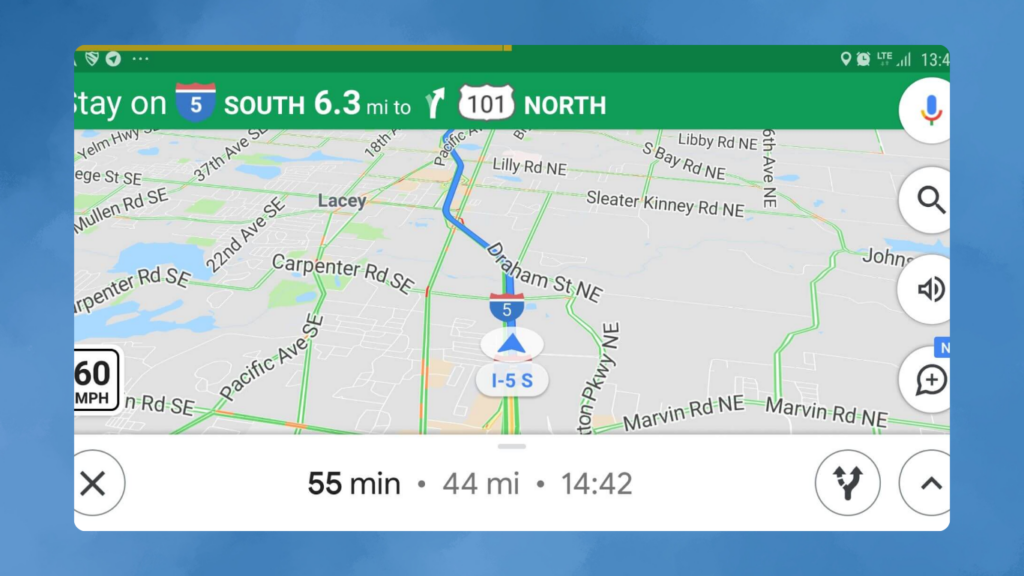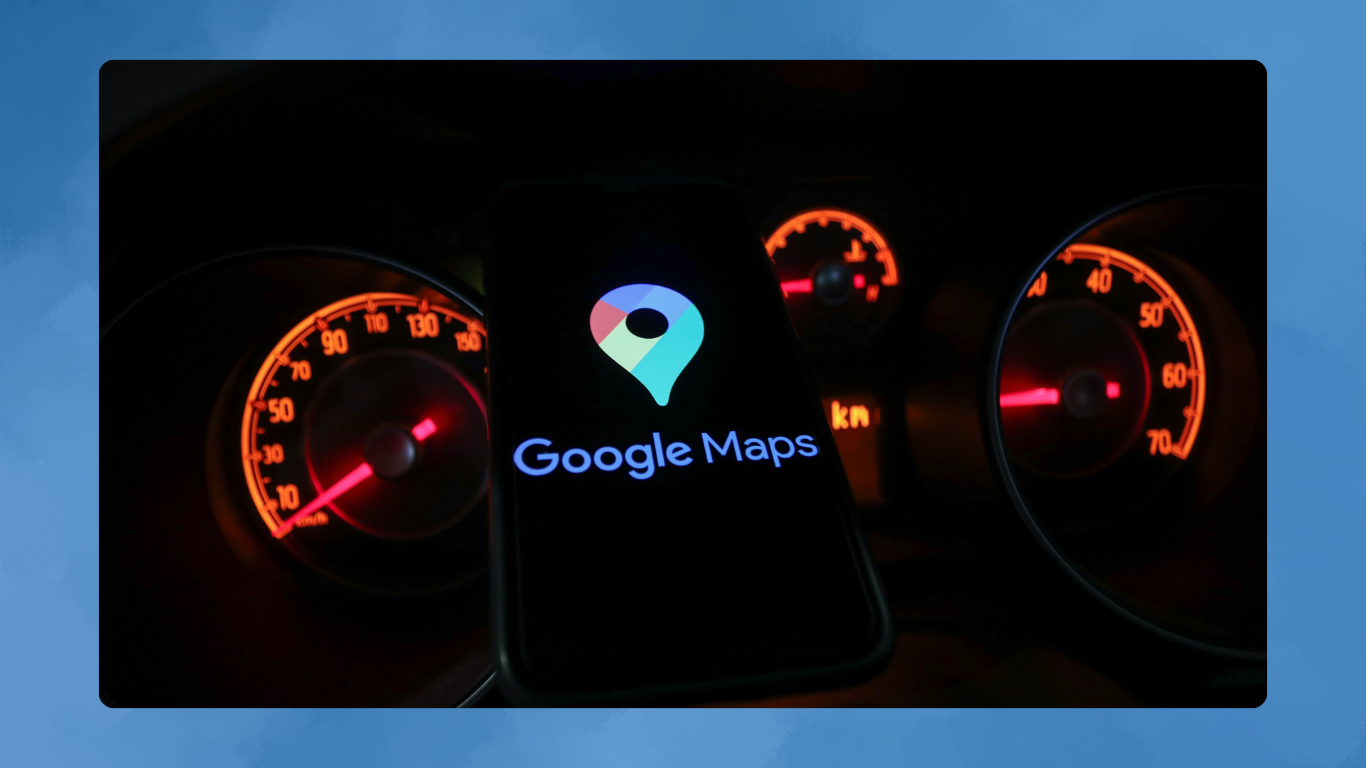A recent test has brought to light some issues with Google Maps’ new speedometer feature, which is now available on Apple CarPlay and Android Auto. The feature, while intended to help drivers monitor their speed, has shown a tendency to be inaccurate, potentially leading to unexpected speeding fines.

Google introduced this feature last month, but they’ve been clear on their website that the displayed speeds are “for informational use only.” Despite this, the feature’s lack of precision has raised eyebrows.
Paul Maric from CarExpert took it upon himself to investigate, particularly in his home state of Victoria, where speeding fines have become a growing concern. He compared the speeds shown by Google Maps, Waze, and a Ford Mustang’s built-in speedometer against the actual speed, measured using a laser reader. Surprisingly, Google Maps consistently showed a speed 2 km/h slower than the actual speed, while Waze’s readings were spot on.
Maric, who regularly uses Waze, hadn’t encountered any issues before. “I’ve been using Waze for a while now without getting a speeding fine. But during our test, Google Maps turned out to be so off that it could actually lead drivers to receive fines,” Maric noted.
Interestingly, both Google Maps and Waze use satellite data to calculate a vehicle’s speed, but their accuracy can be compromised by factors such as poor weather or tunnel driving. Google’s website advises users to rely on their vehicle’s speedometer rather than the app’s speedometer, which is intended for informational purposes only.
One might find it odd that Google, which acquired Waze for $1.3 billion in 2013, wouldn’t incorporate Waze’s accurate speed-tracking technology into Google Maps. “The Google Maps speedometer was all over the place, making it hard to rely on for accurate speed readings while driving,” Maric said.
The test, conducted at 80 km/h and 100 km/h, also revealed that the Ford Mustang’s speedometer was off by 4 km/h and 5 km/h, respectively. Maric highlighted that even minor changes to a vehicle, like switching tires or rims, could affect the speedometer’s accuracy.
In Australia, car speedometers are required to be within a certain accuracy range, but there can still be minor discrepancies. As GPS technology becomes more integrated into everyday driving, it’s crucial for drivers to cross-check their speed with their car’s built-in speedometer. Relying solely on navigation apps might lead to unexpected errors and, worse, fines.

Subtly charming pop culture geek. Amateur analyst. Freelance tv buff. Coffee lover
